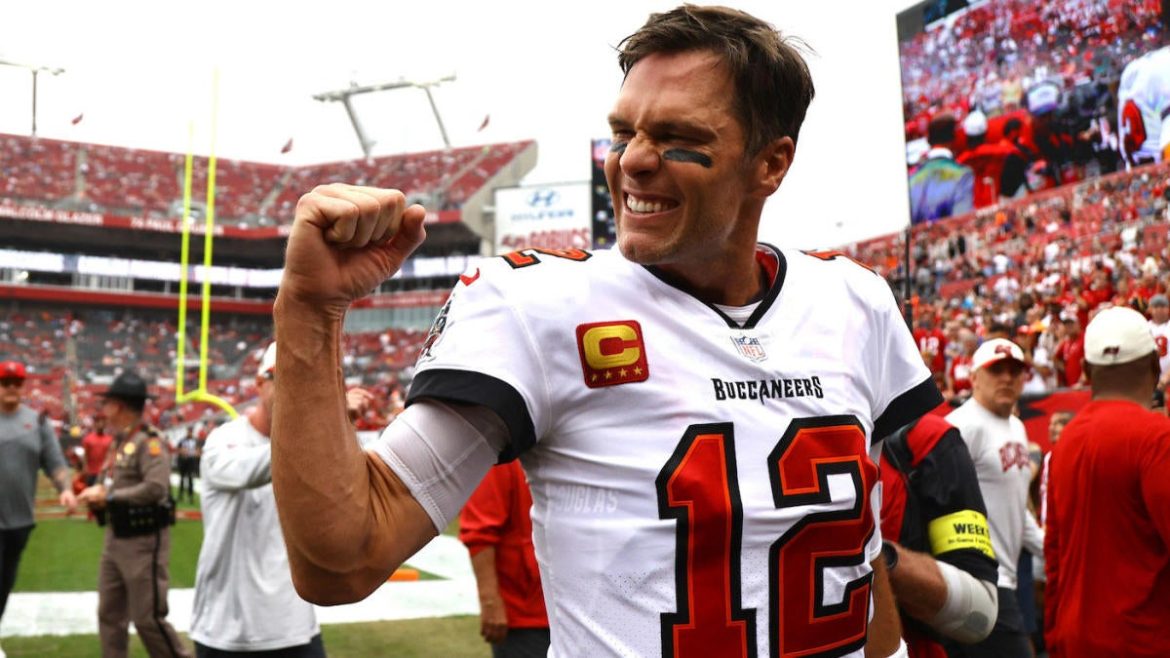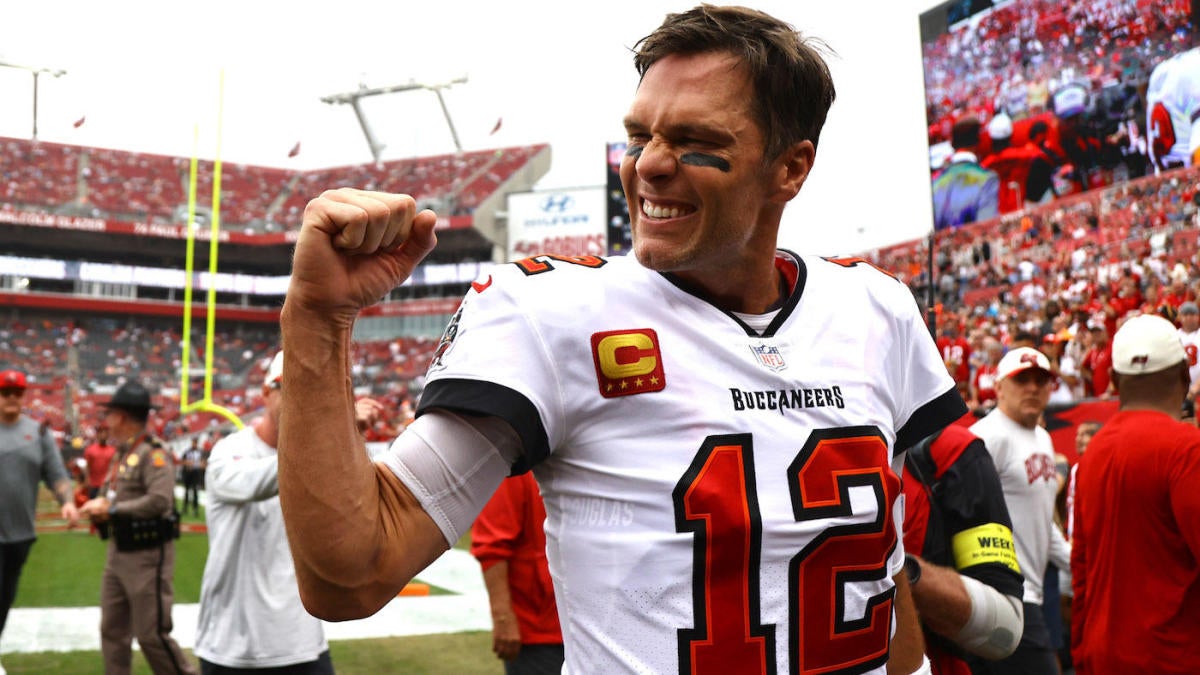The NFL quarterback (QB) trade market is a dynamic and high-stakes arena, reflecting the critical role QBs play in a team’s success. Analyzing the various narratives, historical trades, and recent transactions reveals a nuanced landscape where veteran acquisitions, free-agent signings, and blockbuster trades often reshape franchises. This report delves into the most significant QB trades and acquisitions, recent impactful moves, and emerging trends shaping the future of NFL quarterback play.
Pivotal Quarterback Trades in NFL History
Throughout NFL history, a select group of QB trades has left a substantial legacy, often linking immediate team success with long-term franchise identity. One notable historical trend highlights players like Joe Flacco, who became the seventh QB traded after winning a Super Bowl, underscoring how even championship-level QBs can be moved given the right circumstances. This reflects the fluid nature of franchise building and team strategies, where winning a title doesn’t always guarantee permanence.
These major trades resonate not just because of player talent but because they symbolize critical shifts in team direction. Trades involving star players like Antonio Brown and Odell Beckham Jr., especially those conducted during prime years, are rare and tend to attract significant fan and media attention. Such moves disrupt expectations and illustrate how franchises occasionally prioritize different team-building philosophies, salary cap management, or roster reconstruction over loyalty or continuity.
Impactful Offseason Trades and Free-Agent Signings
Recent years showcase how offseason trades and free-agent signings can yield meaningful returns within weeks of the subsequent season’s start. For example, the 2022 NFL season’s first six weeks highlighted five massive acquisitions, with certain teams, such as the unbeaten Philadelphia Eagles, benefiting notably from a pair of savvy pickups. These acquisitions help teams address immediate needs, infuse talent, or complement existing systems, proving the value of strategic offseason moves.
Moreover, the 2023 offseason featured acquisitions projected to significantly impact team fortunes. This trend reflects a broader emphasis on leveraging veteran experience and fit within specific offensive or defensive schemes. Analysts spotlight players like Sam Darnold and Justin Fields delivering value for their new teams in 2024, offering a clear narrative that veteran QBs can rediscover or enhance their performance post-trade.
Veteran Quarterbacks Revitalizing Careers
The NFL has a tradition of veteran quarterbacks finding success after changing teams. Figures such as Peyton Manning, during his time as a Denver Bronco, and others who transitioned in the twilight or prime of their careers, demonstrate how system changes, coaching, and fresh starts can reinvigorate a player’s trajectory. This phenomenon is particularly notable as teams balance investing in emerging QB talents versus securing experienced leaders who can stabilize and mentor the roster.
With trades and free-agent signings, teams often aim to capitalize on the intangible qualities veteran QBs bring: leadership, game management, and ability to handle playoff pressure. Evaluations of these decisions weigh not only statistical performance but also locker room influence and the adaptability of players in new environments.
Financial Stakes and Contract Dynamics
Massive contracts and extensions for QBs underscore their market value and impact. Recent offseason contracts, like Jordan Love’s four-year, $220 million deal, spark debate about potential returns versus investment risk. Contract size often reflects a QB’s perceived present and future value, influencing team salary cap flexibility and roster composition.
The NFL’s quarterback free agency market also serves as a strategic chessboard, where teams seek the best fit—both schematically and financially. Rankings and projections of upcoming free agent QBs paint a varied picture of potential landing spots, contract expectations, and franchise strategies. This dynamic is crucial as teams pursue long-term solutions or short-term patches depending on their competitive windows.
Team-by-Team Perspective on QB Acquisitions
Power rankings of the best and most disappointing QB acquisitions for each NFL team illustrate the diverse outcomes of these crucial moves. Success stories often combine talent, timing, and organizational stability, while failures may stem from misfit schemes, injuries, or mismanagement.
Rams and Browns, for instance, have powered up through impactful trades, illustrating the ripple effect a single acquisition can have on team competitive balance. Conversely, some high-profile trades or signings do not translate into sustained success, reminding stakeholders of the unpredictability inherent in quarterback transactions.
Emerging Trends: QB Mobility and Market Fluidity
The modern QB marketplace reflects increased mobility, with franchises more willing to trade or sign veteran QBs to adapt rapidly to shifting conditions. The proliferation of high-profile QB movements, including mid-career prime trades and high-value free-agent signings, points to evolving attitudes about roster construction.
Teams no longer hesitate to engage in aggressive moves, whether to seize championship windows or recalibrate after disappointing campaigns. This fluidity increases fan engagement, adds complexity to NFL narratives, and emphasizes the quarterback’s centrality in team fortunes.
Conclusion: The Enduring Significance of Quarterback Moves
Quarterback trades and acquisitions remain the NFL’s heartbeat, symbolizing high risk and potential high reward. Historic and recent examples make clear that these moves are about much more than just swapping players—they are strategic gambits with the power to redefine franchises and seasons. As the league continues to evolve, the QB market will likely see even more dynamic, impactful decisions, blending talent evaluation, financial muscle, and forward-looking vision.
Understanding these trades requires appreciation of the delicate interplay among player ability, team context, leadership qualities, and financial considerations. Whether a rookie emerges or a seasoned veteran arrives to stabilize a team, the quarterback’s narrative is inevitably intertwined with the ever-shifting landscape of NFL success and ambition.





